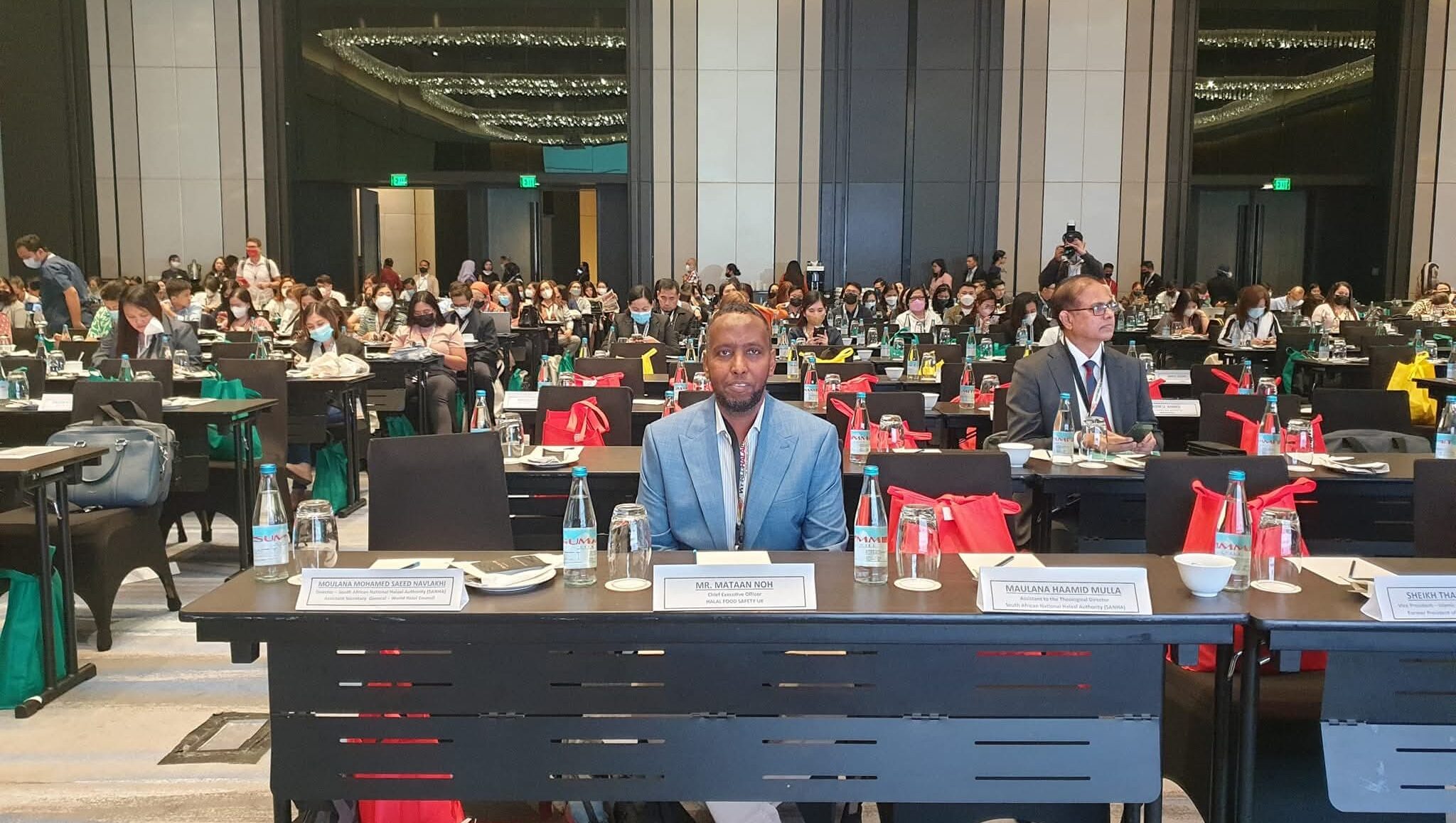
In November 2022, Halal Food Safety UK was honoured to participate in the World Halal Forum, held in Manila, Philippines,...
The uproar surrounding the Halal Certification of the Toblerone bar, a product of the US Company Mondelez is one incident of many surrounding certification of products and companies targeting growing Muslim markets.
Controversy is not necessarily negative as it may be a pointer to growing (albeit grudgingly) global acceptance of Halal standardization. With population in majority Muslim populations hitting the two billion mark, companies eyeing these markets play a delicate balancing act between secular markets that may be Islamophobic and Muslim customers that demand halal certified products. The fact that Halal standards traverse food, pharmaceuticals, cosmetics, logistics and travel reinforce the need for companies to acquire Halal Certification.
The largest FMCG (fast moving consumer goods) company in the world, Nestle, has 80 of its plants certified Halal, while a quarter of its 100 factories, at any one time, are under supervision for Halal compliance.
100 of Nestle’s butter, milk, yoghurt, desserts and cheese products destined for Middle East and Far East markets are Halal certified.
The growing Muslim population around the world further fuels the need for Halal Certification. Ten out of 25 of the fastest growing markets in the world have large Muslim populations which presents the growing need to cater for their requirements.
One misconception surrounding Halal Certification is the qualification of personnel and certification authorities. Contrary to popular belief, Halal inspectors and certification experts are qualified food technologists, not imams. They check raw materials, additives, production processes, banned raw materials, the presence/absence of pork products or byproducts, and the absence/presence of alcohol.
Halal Certification is not a haphazard and disjointed exercise – it is a well-coordinated effort between approximately 1,000 certification companies, Islamic Organizations, Islamic Authorities, Scientists, Food Technologies and Halal Experts.
This probably explains the growing interest and preference for Halal Certified products among non-Muslim millenials.
Leave a Replay

In November 2022, Halal Food Safety UK was honoured to participate in the World Halal Forum, held in Manila, Philippines,...
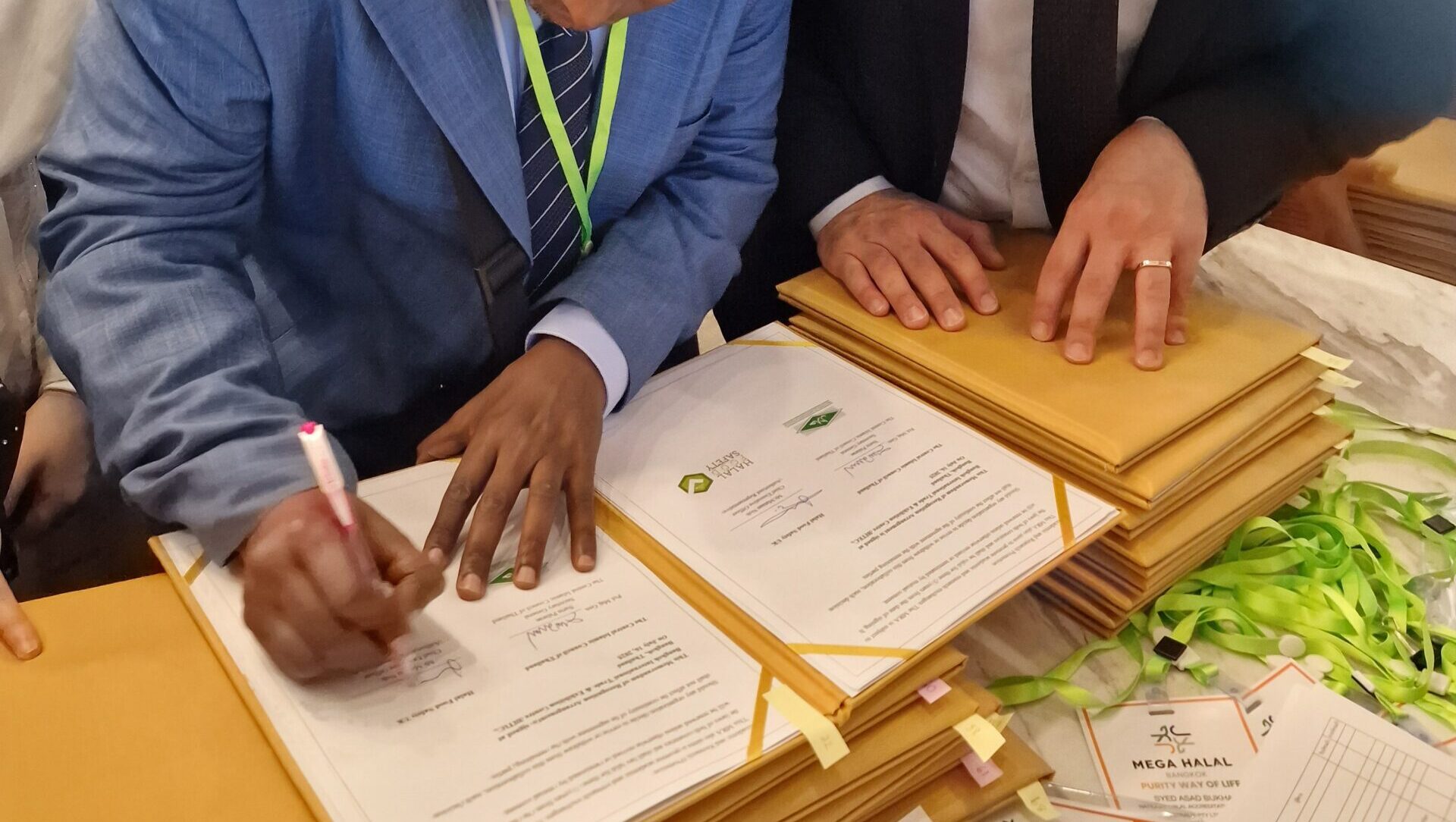
Halal Food Safety UK, led by CEO Mr. M. Noh, was honoured to be officially invited by the Central Islamic...
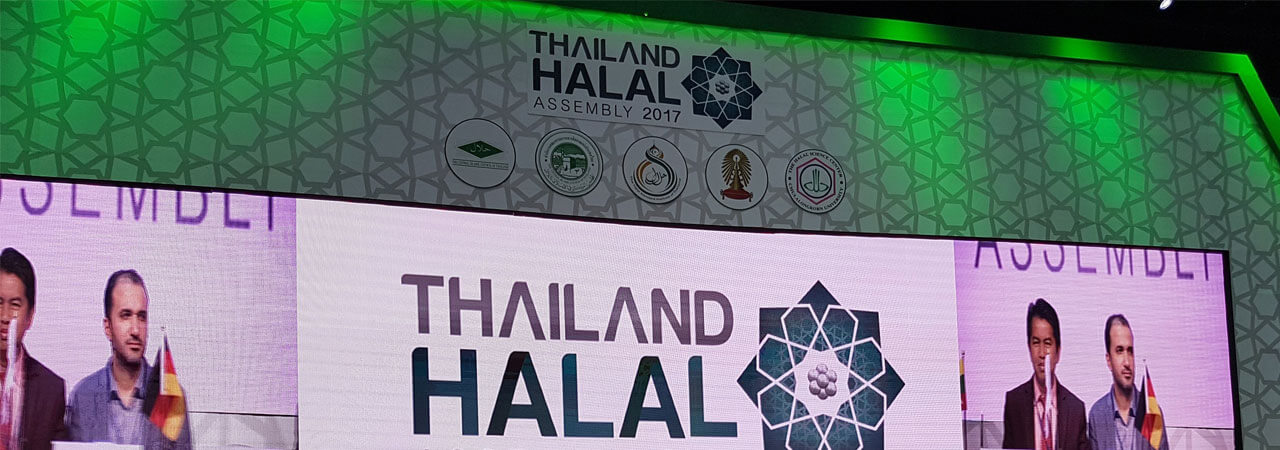
The Halal food industry is one of Thailand's most revenue-generating sectors. In 2016, Thailand was ranked among the world’s top...
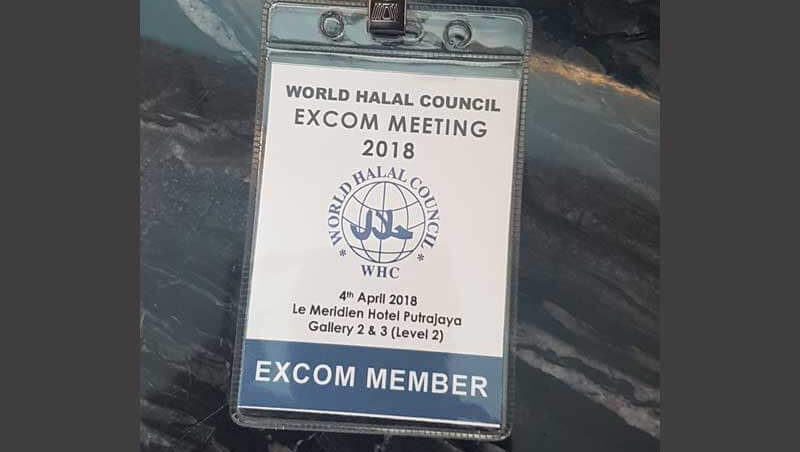
The World Halal Council is the federation of Halal Certifying Bodies which have gained global acceptance in their Halal certification...
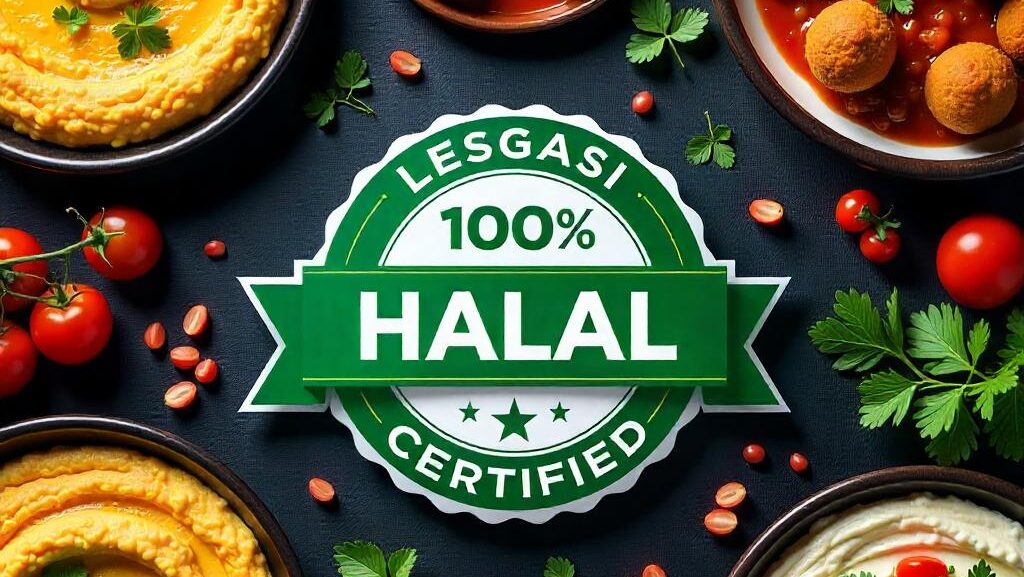
The largest FMCG (fast moving consumer goods) company in the world, Nestle, has 80 of its plants certified Halal, while...
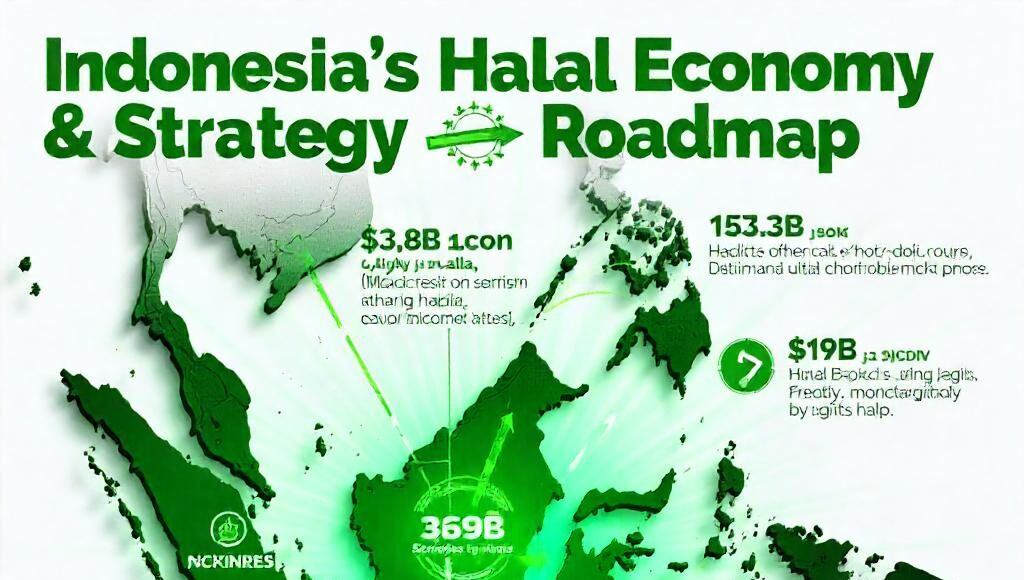
The purpose of the project is to inspire and empower stakeholders across Indonesia to evaluate and develop a high impact,...

GIMDES (Food & Drug Control and Certification Research Association) is a non-governmental organization established to conduct research and certification of...

The Halal Professional Board provides the Halal Executive Course (Citrine) and Halal Internal Auditor Course (Pearl). These are competency based...
Copyright @ Created with Halal Food Safety